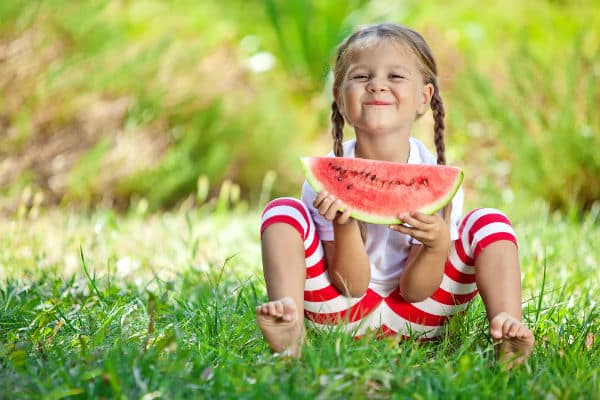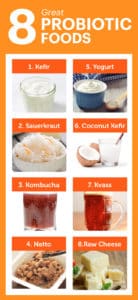
18 Dec Children's Nutrition – Beyond the Basics
Children’s nutrition – what role does a healthy microbiome play?
You know as much as I do that children should try a wide variety of foods and eat lots of fruit and vegetables. You know that they should consume carbohydrates such as grains, some protein such as eggs, fish or meat and include good oils found in nuts, avocados, olive oil, coconut oil and fish.
But I am guessing that if you’re taking the time to read this then it could be that you are already providing your child with a healthy diet but you still have some concerns and questions about their health.
It may be, ‘’but my child still has chronic glue ear ‘’ or ‘’but my child still can’t concentrate at school’’.
That’s when you start to think, well my child needs more than just the basics. You may have already started to research ideas online, you may have found some good ideas or you may have just become confused with the sea of ideas out there. That’s when you contact us here at NatMed, make an appointment and we put our detective hats on.
For us as experienced practitioners, taking a comprehensive case history may be enough to decipher which specific changes are relevant for your child. However, we also have the advantage of in-house functional testing and the ability to refer for pathology testing at the lab.
But it all starts at home. As parents, you have a unique opportunity to provide the dietary input for your child that will create healthy cells and a healthy body as well as create a microbiome that enhances health and reduces the risk of disease development now and in your child’s future. I’ll just back-track to that word microbiome. This is the new word creeping into the vocabulary of the health science world. It refers to the entirety of the microflora living in your gut. Together they live interdependently with us influencing our health on all levels.
What does this mean? It means that when we feed ourselves, we are also feeding our microbiome. What is good for our microbiome is good for us. And what is good for our microbiome? Prebiotics which enhance growth of the ‘friendly’ microflora and probiotics which are the ‘friendly’ microflora that can also be supplemented in a capsule or powder. Pre and probiotic foods are the secret to gut health and to maximising health in all body systems as well as decreasing the risk of developing chronic disease in later years.
I see children with tummy aches, anxiety, learning difficulties, Autism, ADHD and chronic infections and in about 90% of cases I identify an underlying imbalance in their bowel microflora. What that means is that there are not enough ‘friendly’ microflora and too many ‘unfriendly’ microflora.
Step 1 is to identify why there is an imbalance. This is where we look at:
- Diet
- Antibiotics
- Repeated infections
- Caesarean birth
- Not breast fed
- Anxiety or stress
- Poor digestive function
Step 2 is to treat the underlying cause identified.
Step 3 is usually to recommend a really good probiotic.
Step 4 is to introduce prebiotic foods into the whole family’s diet.
Easy foods to incorporate for kids are:
- Yoghurt – really good quality without gelatin i.e. Jalna, Mundella, Tamara Valley, organic brands.
- Kefir – must be homemade to contain all the strains of probiotics. Starter granules can be bought at health food stores. Although a little sour it can be added to smoothies so that the sourness is not noticed.
- Sauerkraut – must be from a health food shop or homemade. Jars imported from Europe won’t have the enzymes you are after. A little can be added to salads (if your child is a salad eater) or added to cooked foods at the end as it shouldn’t be cooked.
- Kombucha ferment – a fermented drink that is very refreshing which you can add berries.
Just don’t forget the veggies. ‘Friendly’ microflora love veggies. The more your child eats the better. Look for more and more times during the day where you can offer veggies.
Don’t worry, I know how hard it is to get your children trying new veggies and tastes. I know what it is like to have a few nights in a row where the kids sit down to dinner and say, “Yuk! Mum’’.
All I can say is do persevere, it does pay off!

